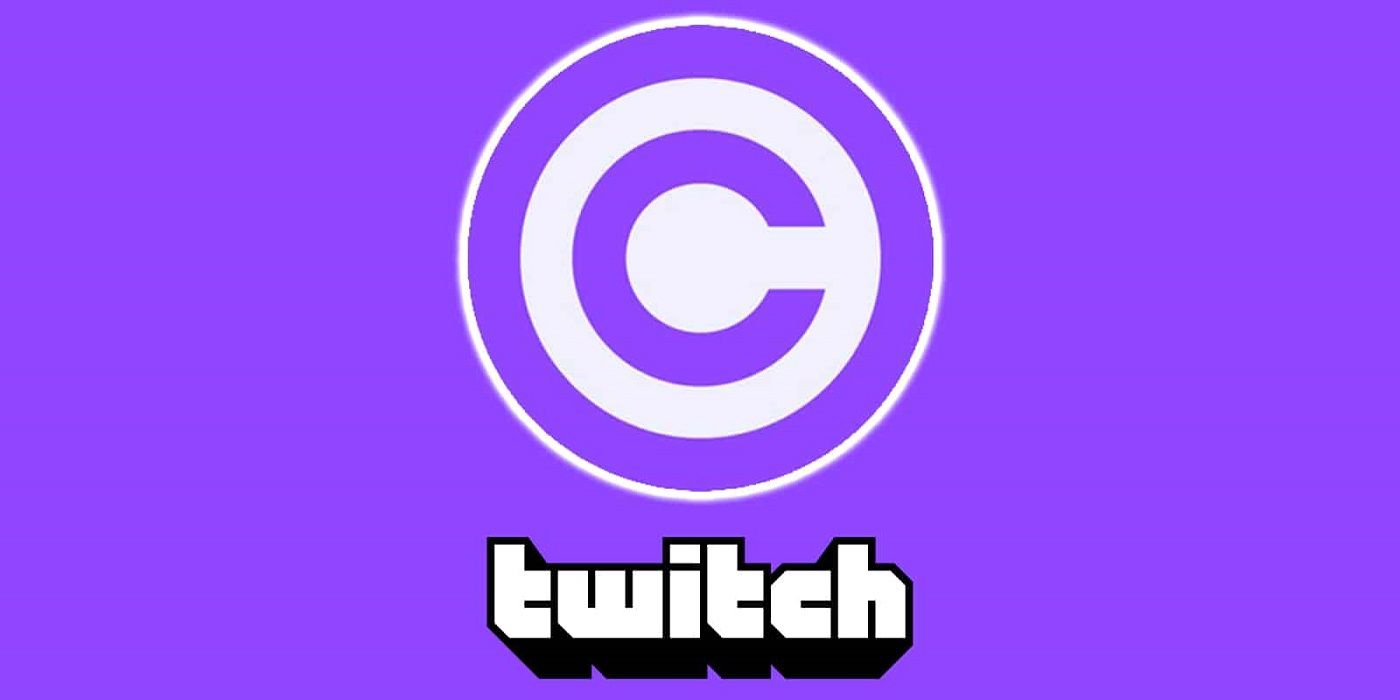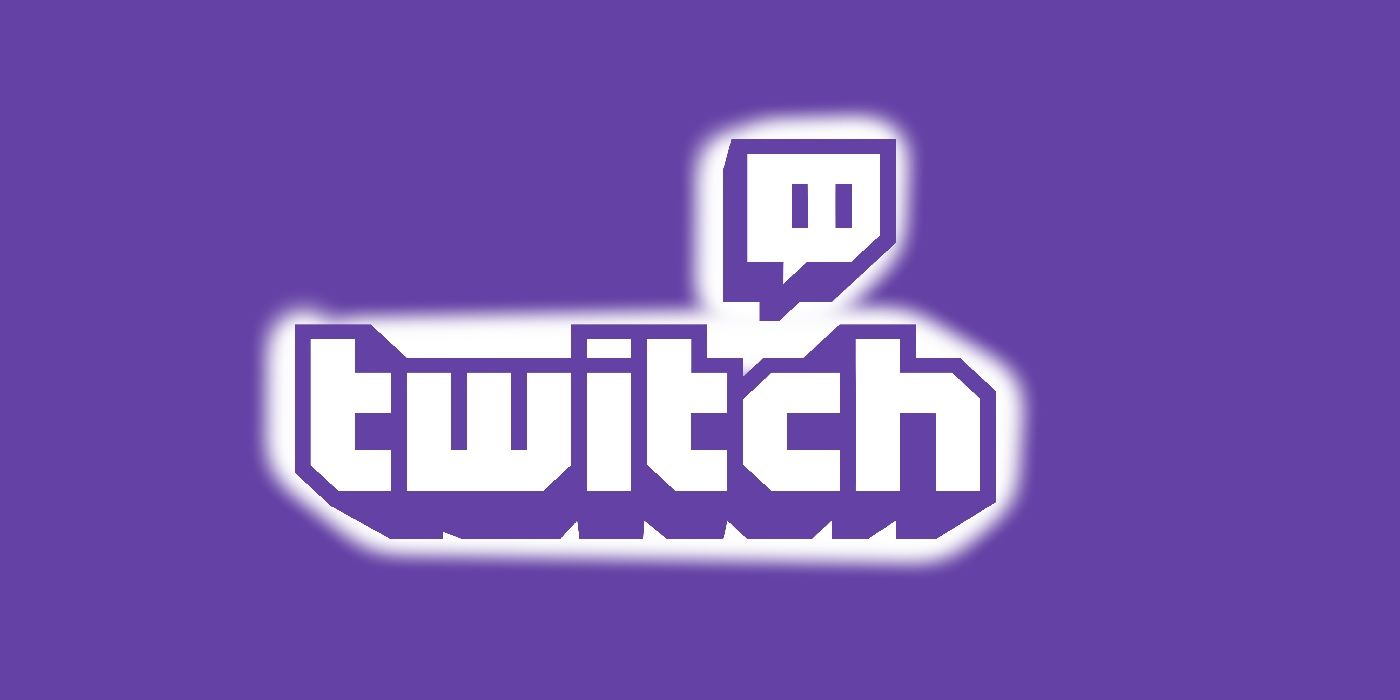
One of the things about the streaming website Twitch is that, although it's the biggest platform in which gamers, and other content creators, can go live before an audience, it's also fairly notorious for banning users left and right. Recently, user KaraCorvus had their account banned for a seemingly bizarre reason involving a set of dancing bird emotes. However, it looks as though the website is looking to alter its policy to, hopefully, make it more in-line with YouTube.
In an update on their guidelines page, Twitch appears to be changing the way it handles DMCA strikes on its platform. The policy states that a user who has "three copyright strikes" against their name will be considered a "repeat infringer" and will have access to Twitch's services terminated. The paragraph goes on to say that it will consider something an infringement if the company receives a notification of such and does not, in return, get a counter-notification or a retraction of the complaint.
RELATED: Twitch Bans Streamer Adin Ross
It also states that streamers that do get Twitch strikes need to understand that they aren't permanent. It adds that enough time needs to pass in between strikes in order for the company to ascertain whether the user is engaged in repeat infringements. However, the policy does not indicate exactly how long this grace period needs to be before strikes are removed from an account.

This is similar to how YouTube operates, which says that if a user gets three strikes within a 90-day period, their account will be banned. Unfortunately, even this is not a foolproof method. Back in June 2020, it was revealed that the official YouTube PlayStation channel received a random copyright strike for its Spider-Man: Miles Morales reveal trailer. While this new three-strike policy that Twitch is implementing may make it better for streamers, it may still be fraught with problems.
Getting banned from Twitch can be down to numerous reasons, but sometimes the company makes mistakes and feels the backlash. Back in April, a banned CS:GO streamer won a lawsuit against the platform after his account was terminated for allegations of fraud. It later transpired that there was no evidence of any fraud. It could go either way, then. It might stop Twitch from seemingly kicking people off its site for vague or ambiguous reasoning if there is a grace period, but it's difficult to know what the result will be until everyone starts seeing the effect of its new YouTube-esque policy.
Source: Twitch

